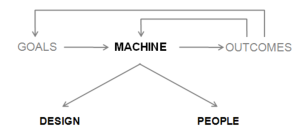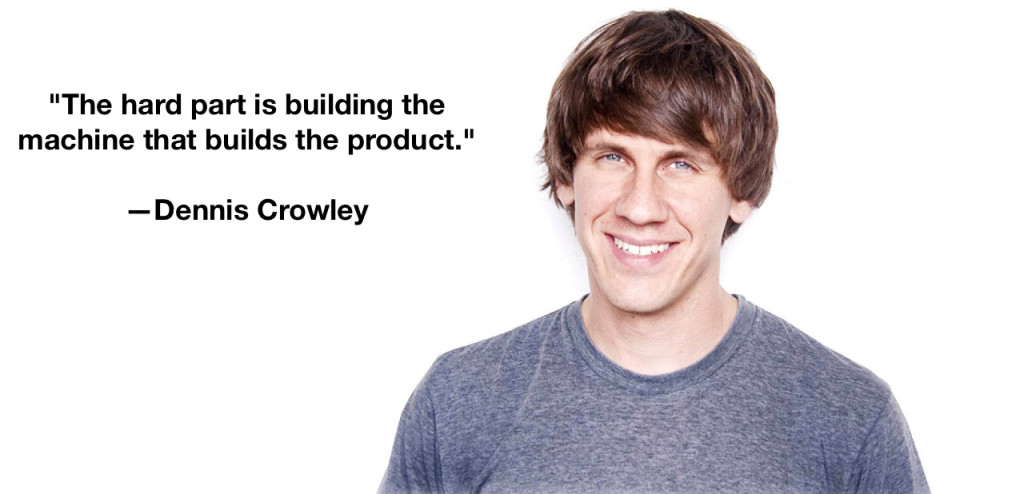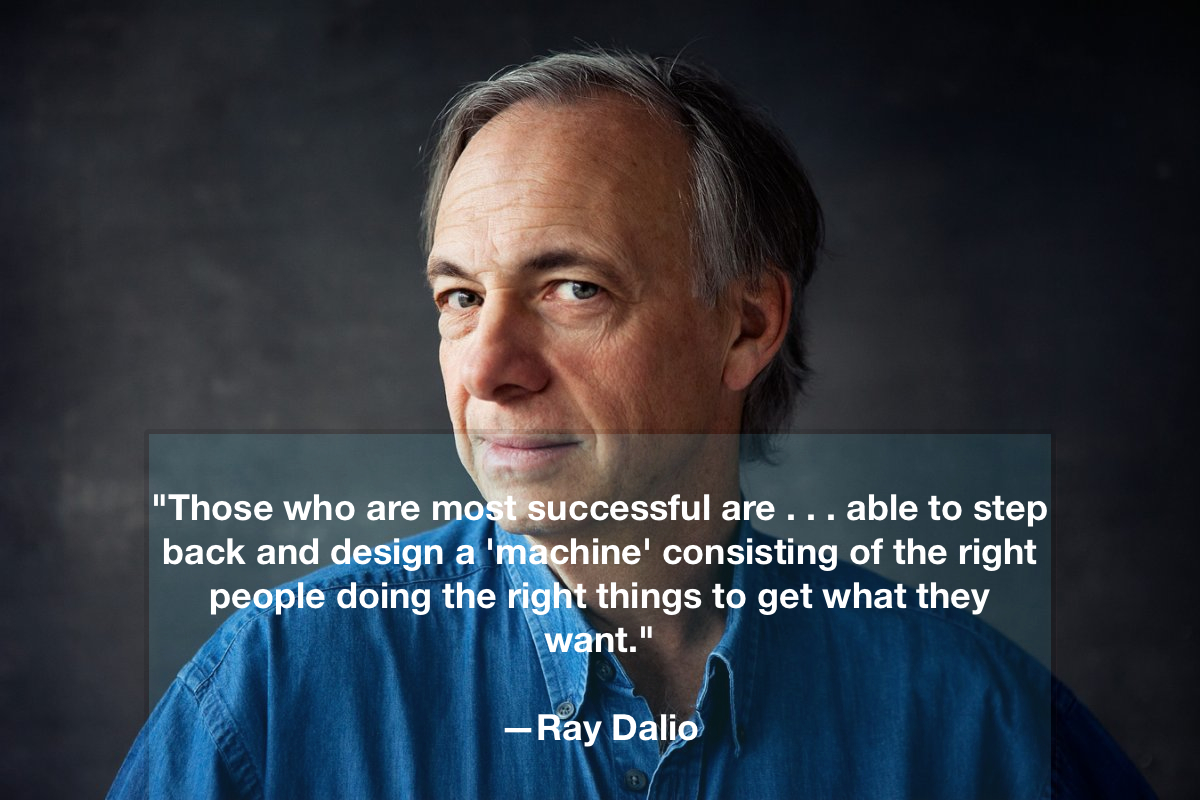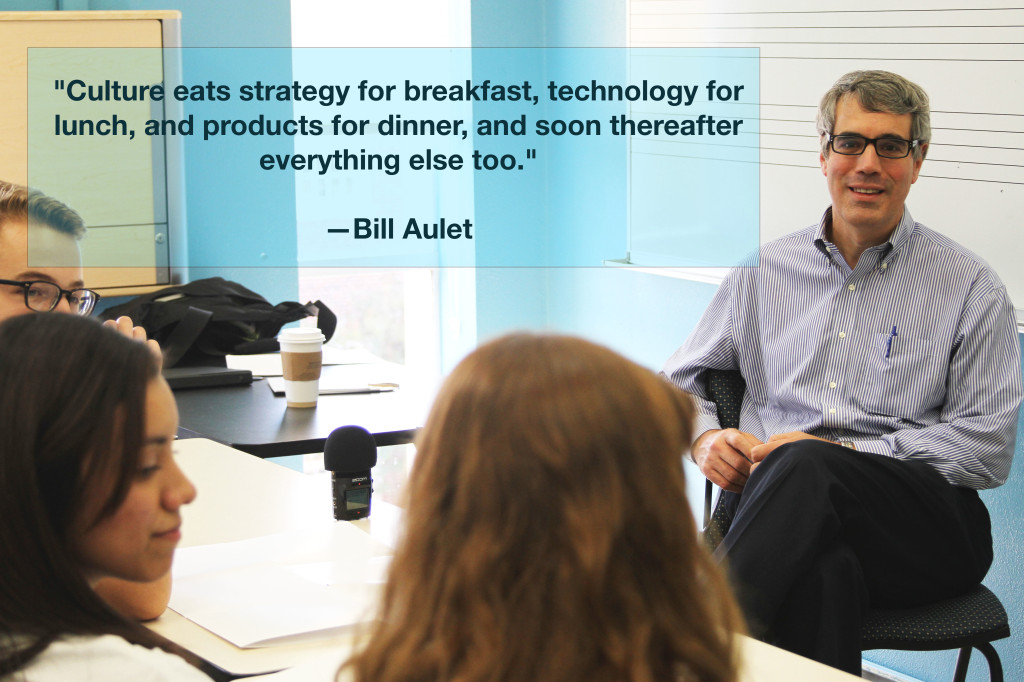First-time entrepreneurs often think building a product is the same as building a company, but experienced entrepreneurs know better.
To 3 seasoned entrepreneurs, building product is just the first step in a long journey, and it’s not even the hard part. Building product is hard, but building the machine that builds the product is even harder.
“The hard part is building the machine that builds the product.”
—Dennis Crowley, Co-Founder/CEO of Foursquare
Pro Tip: If you are into product building, you must check these 3 ways to prioritize Product Development.
When founders start companies, they often have a strong sense of what problem they want to solve and the product they’re going to build to solve it—so that comes easy.
The next, harder step is building the machine that builds the product which turns improvement and progress into a repeatable process.
That’s the challenge of scaling that will make or break your company. For Foursquare, that meant the near-impossible problem of scaling the office, backend infrastructure, process and company culture to from 2 to 50 employees and 100,000 to 6,000,000 users in a single year.
“Those who are most successful are capable of ‘higher level thinking’ —i.e., they are able to step back and design a ‘machine’ consisting of the right people doing the right things to get what they want.”
—Ray Dalio, Founder of Bridgewater Associates
To Ray Dalio, founder of Bridgewater Associates, the world’s largest hedge fund, what’s required is “higher level thinking” on the process of building a company.

It’s the ability to step back, zoom out from looking at the product by itself, and take the perspective of someone who’s looking down at your whole company from an objective standpoint, as if the company were a machine, that’ll make your company successful.
In Dalio’s experience, the biggest mistake most people make is to not see themselves and others objectively. And it turns out that it’s tough to evaluate your company’s situation objectively when you’re actively involved and invested in being a “doer”, someone who’s executing on the plans.
“Culture eats strategy for breakfast, technology for lunch, and products for dinner, and soon thereafter everything else too.”
—Bill Aulet, Managing Director of the Martin Trust Center for MIT Entrepreneurship
Inexperienced founders often think of their companies in very small time slices, but the remarkable companies are those that last years, across a wide variety of products, unforeseen events, and market disruptions.
Although employees and even founders may eventually leave the company, what ties the company together is its culture.
As IBM CEO Lou Gerstner put it: “I came to see in my time at IBM that culture isn’t just one aspect of the game – it is the game. In the end, an organization is nothing more than the collective capacity of its people to create value.”



